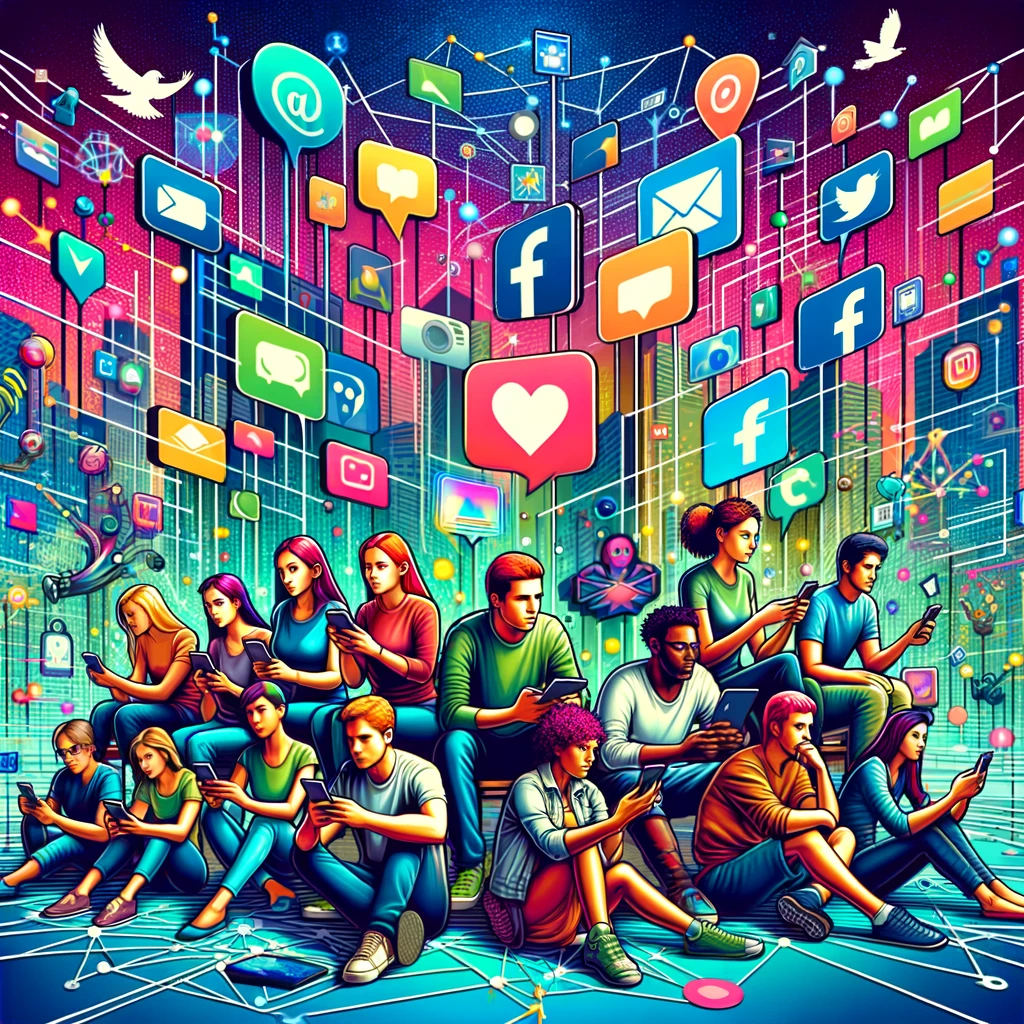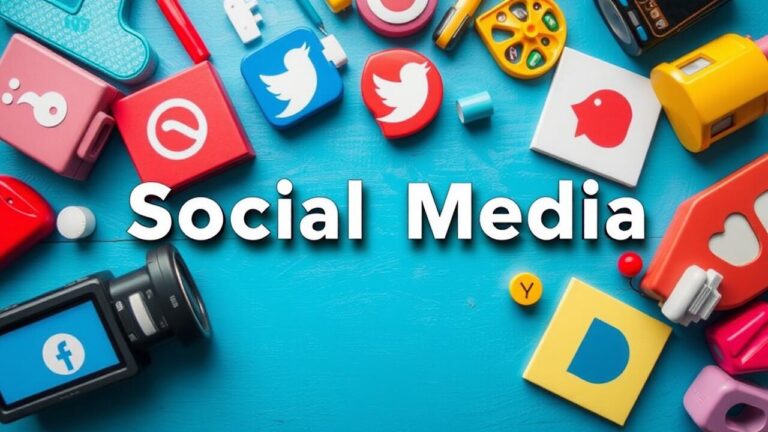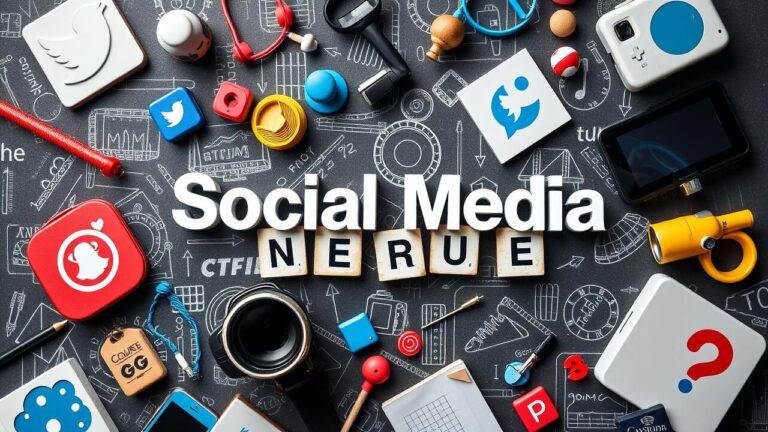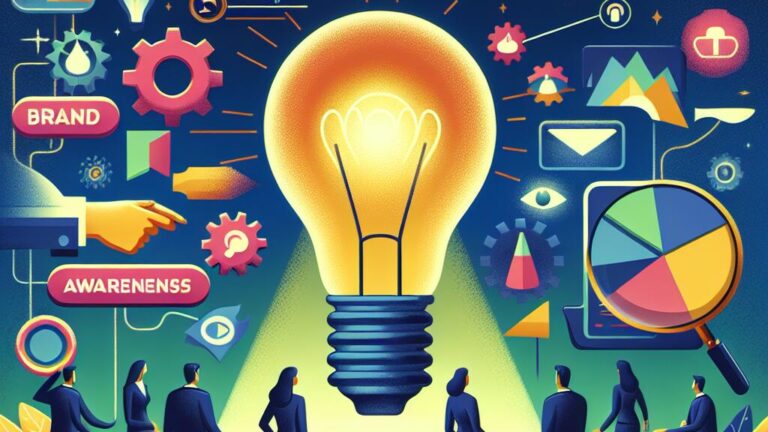Sticking Together Online: How Social Media is the New Glue of Society
In today’s world, where digital platforms reign supreme, social media has evolved into more than just a means of communication—it has become the new glue that holds society together. This invisible adhesive binds communities, reshapes personal connections, and alters the very fabric of social interaction. In this exploration, we unravel how social media is reshaping community bonds and personal connections in the digital era.

The Rise of Digital Communities
The Evolution of Social Media
Social media started as a simple way to connect with friends and family. However, over the years, it has transformed into a multifaceted ecosystem that influences every aspect of our lives. From Facebook to TikTok, these platforms have become integral in shaping opinions, forming social norms, and even driving political movements.
Building Communities Beyond Borders
The power of social media lies in its ability to connect individuals across the globe. Platforms like Twitter and LinkedIn have transcended geographical and cultural barriers, enabling the formation of global communities based on shared interests, professions, and causes. This universal connectivity has paved the way for a more inclusive and interconnected world.
Personal Connections in the Digital Age
Reinventing Friendship and Family Ties
Social media has redefined the concept of staying in touch. Through platforms like Instagram and WhatsApp, maintaining relationships with friends and family across distances has become effortless. These digital tools help preserve bonds that might otherwise weaken due to physical separation.
The New Public Square
Social media serves as a modern public square where people can share experiences, debate ideas, and engage in collective action. Platforms like Facebook Groups have become spaces for civic engagement and community support, reflecting the human need for connection and belonging.
The Impact on Social Behavior
Social Support and Solidarity
In times of crisis, social media platforms have proven to be invaluable in offering emotional support and fostering solidarity. Hashtags and online movements provide a sense of community and belonging, showcasing the platforms’ ability to bring people together for collective support and healing.
Challenges and Criticisms
Despite its benefits, social media is not without its challenges. Issues such as privacy concerns, the spread of misinformation, and potential negative impacts on mental health are critical aspects that need addressing. As these platforms evolve, so too must the strategies to mitigate these challenges.
Social Media as a Tool for Social Change
Amplifying Voices
Social media has emerged as a powerful tool for social activism. Platforms like Twitter have given voice to the marginalized, enabling them to share their stories and experiences. This democratization of voice and space has been pivotal in driving social and political change.
The Future of Online Activism
The future of social media as a tool for societal change looks promising. With increasing awareness of its power and reach, these platforms are likely to play a central role in shaping societal norms and contributing to global movements for change.
Conclusion
Social media, the new glue of society, has a multifaceted role in today’s world. While it has revolutionized the way we connect and interact, it also presents significant challenges that need careful consideration. Balancing its positive impacts with these challenges is crucial as we navigate this digital era and harness the power of these platforms for the greater good.






